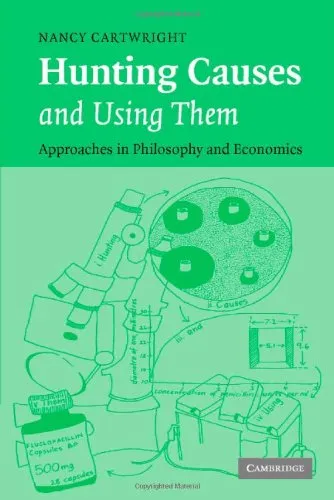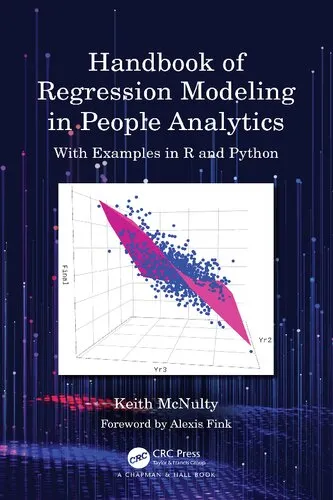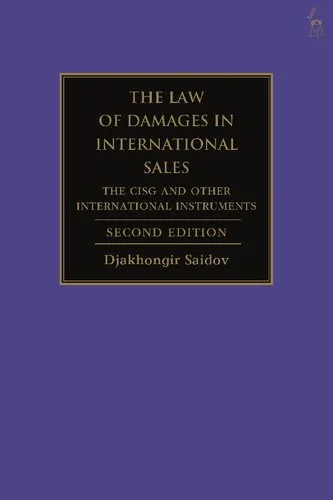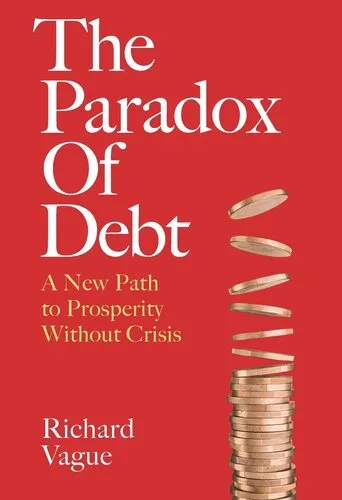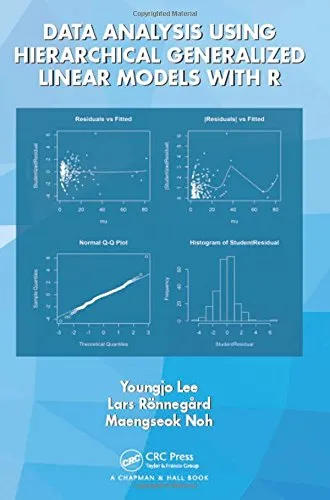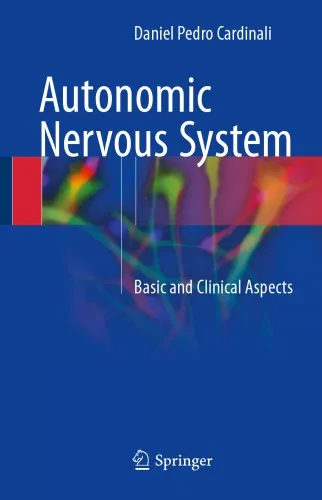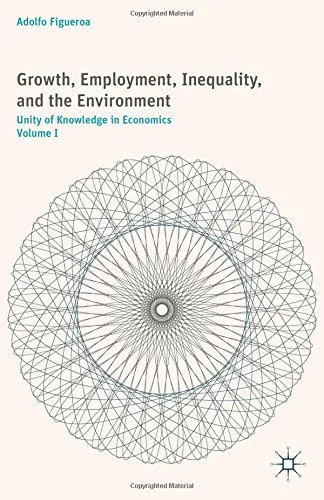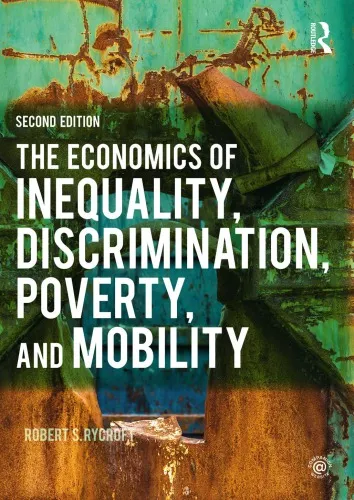Hunting Causes and Using Them: Approaches in Philosophy and Economics
4.5
Reviews from our users

You Can Ask your questions from this book's AI after Login
Each download or ask from book AI costs 2 points. To earn more free points, please visit the Points Guide Page and complete some valuable actions.Related Refrences:
Persian Summary
Introduction to 'Hunting Causes and Using Them: Approaches in Philosophy and Economics'
Nancy Cartwright's book, 'Hunting Causes and Using Them: Approaches in Philosophy and Economics,' provides a profound exploration into the philosophical understanding and practical application of causality. It bridges the conceptual foundations with real-world implications, embodying a crucial intersection between philosophy and economics.
Detailed Summary of the Book
At its core, 'Hunting Causes and Using Them' explores the intricate web of causation, delving into how causes can be established, verified, and effectively employed in both theoretical and practical contexts. Cartwright offers a compelling narrative that combines rigorous philosophical analysis with practical insights, pertinent to economists and philosophers alike.
The book begins by challenging the conventional wisdom about causation, questioning traditional assumptions and opening the door to nuanced perspectives. Cartwright meticulously examines the methodologies used to identify causal relationships, emphasizing the importance of understanding the contexts in which these methods are applied. Her approach underscores that causation is not merely a static concept but is instead one that is deeply contextualized and multifaceted.
In the subsequent chapters, Cartwright engages with various philosophical and economic theories, employing them as lenses through which to understand causation. She assesses the practicality of these theories, questioning their usability in real-world scenarios. Through a series of case studies and examples, the book demonstrates the effective application of causal inference in economic models, policy-making, and scientific investigation.
Key Takeaways
- Causation is deeply intertwined with context and cannot be universally generalized without careful consideration.
- Methodologies for identifying causation must be tailored to fit specific situations and should incorporate both philosophical and practical elements.
- Understanding causation in economics can significantly improve policy-making and scientific research, leading to better real-world outcomes.
- Critical analysis of existing theories and models is necessary to advance knowledge and application of causation in various fields.
Famous Quotes from the Book
"Causation is not a monolithic concept but a tapestry of relations dependent on context and modality."
"To infer causality reliably, one must carefully align theory, observation, and the specificities of each individual case."
Why This Book Matters
'Hunting Causes and Using Them' is an essential read for those interested in deepening their understanding of causality's role in economics and philosophy. Its insights extend far beyond academic theory, offering practical tools for analysts, policy-makers, and researchers. By dissecting the complex nature of causation, Cartwright equips readers with the skills to make more informed decisions in their respective fields.
The book's relevance transcends academia, impacting how individuals approach problems regarding causation daily. By redefining how we perceive and utilize causes, it sets a foundation for a more robust and nuanced application of causal inference, ultimately fostering innovation and effectiveness in various sectors.
Free Direct Download
You Can Download this book after Login
Accessing books through legal platforms and public libraries not only supports the rights of authors and publishers but also contributes to the sustainability of reading culture. Before downloading, please take a moment to consider these options.
Find this book on other platforms:
WorldCat helps you find books in libraries worldwide.
See ratings, reviews, and discussions on Goodreads.
Find and buy rare or used books on AbeBooks.
1372
بازدید4.5
امتیاز0
نظر98%
رضایتReviews:
4.5
Based on 0 users review
Questions & Answers
Ask questions about this book or help others by answering
No questions yet. Be the first to ask!
